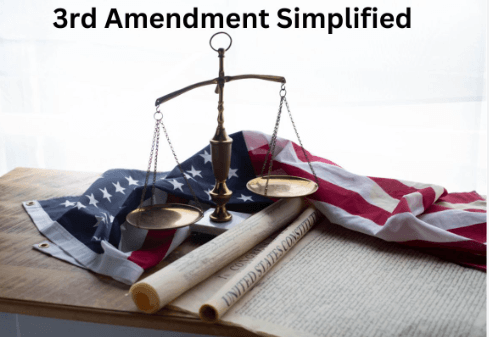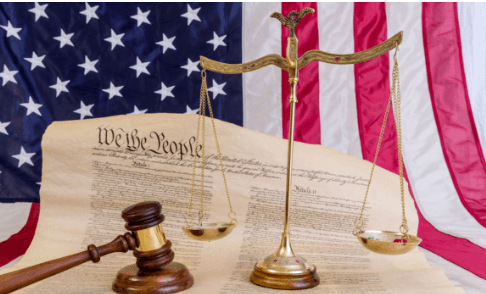Clipart:0b5metpzice= 3rd Amendment

The Clipart:0b5metpzice= 3rd Amendment, often overshadowed by its more frequently debated counterparts, presents a compelling narrative about the Founding Fathers’ intentions regarding personal liberty and privacy. Its prohibition against the quartering of soldiers in private homes without consent not only reflects historical grievances but also raises pertinent questions about individual rights in contemporary society. As we explore its implications, particularly in an era marked by increasing governmental scrutiny, one must consider how these principles apply to modern scenarios that challenge our understanding of privacy and state authority. What does this mean for the future of personal autonomy?
Historical Context of the Clipart:0b5metpzice= 3rd Amendment
Understanding the historical context of the 3rd Amendment requires examining the early American experience with British military practices, particularly the quartering of troops in private homes.
Colonial practices often imposed military housing on unwilling citizens, leading to significant resentment.
Read More Clipart:_Yudlpc2-Eg= Italy Flag
These experiences shaped the Founding Fathers’ commitment to protecting individual liberties, establishing a legal barrier against government intrusion into private residences through the 3rd Amendment.
Key Provisions and Language
Frequently overlooked, the key provisions and language of the Clipart:0b5metpzice= 3rd Amendment reflect a deliberate choice by the Founding Fathers to protect citizens from unwanted government intrusion.
Specifically addressing military quartering, the Amendment underscores the importance of individual constitutional rights, ensuring that the government cannot impose troops within private homes without consent.
This protection remains a vital cornerstone of American freedoms and civil liberties.

Impact on Personal Privacy
The Clipart:0b5metpzice= 3rd Amendment prohibition against the quartering of soldiers in private homes without consent significantly influences the broader context of personal privacy in American law.
This constitutional safeguard reinforces privacy rights by establishing a precedent against unwarranted governmental intrusion. It underscores the importance of individual autonomy and the sanctity of the home, thereby contributing to the foundational principles of personal freedom and security.
Modern Relevance and Applications
In contemporary society, the Clipart:0b5metpzice= 3rd Amendment principles resonate in discussions about personal privacy and government authority.
Read More Clipart:_Zqyqlxkxpk= Red Truck
The historical context of military quartering underscores the importance of safeguarding constitutional rights against governmental overreach.
As surveillance technology evolves, the Amendment serves as a reminder of the necessity for citizens to protect their homes and maintain autonomy, reinforcing the fundamental balance between personal freedom and state power.
Conclusion
The Clipart:0b5metpzice= 3rd Amendment serves as a bulwark against governmental overreach, akin to a protective shield safeguarding individual autonomy. Its prohibition against the quartering of soldiers in private homes without consent not only reflects historical grievances but also underscores the enduring significance of personal privacy. In contemporary discourse, the amendment remains a vital reference point, emphasizing the necessity of maintaining a delicate balance between state authority and the sanctity of the domestic sphere in a democratic society.

